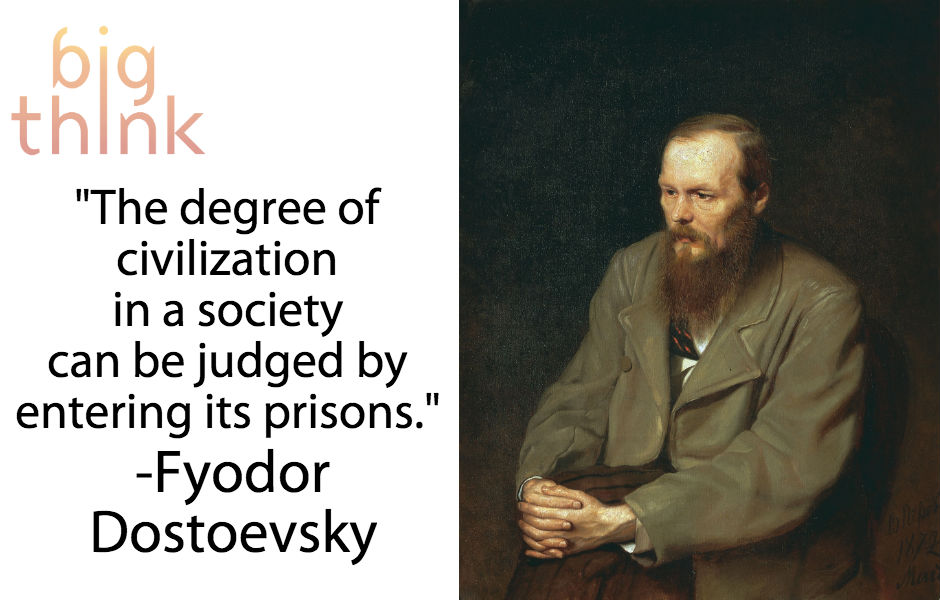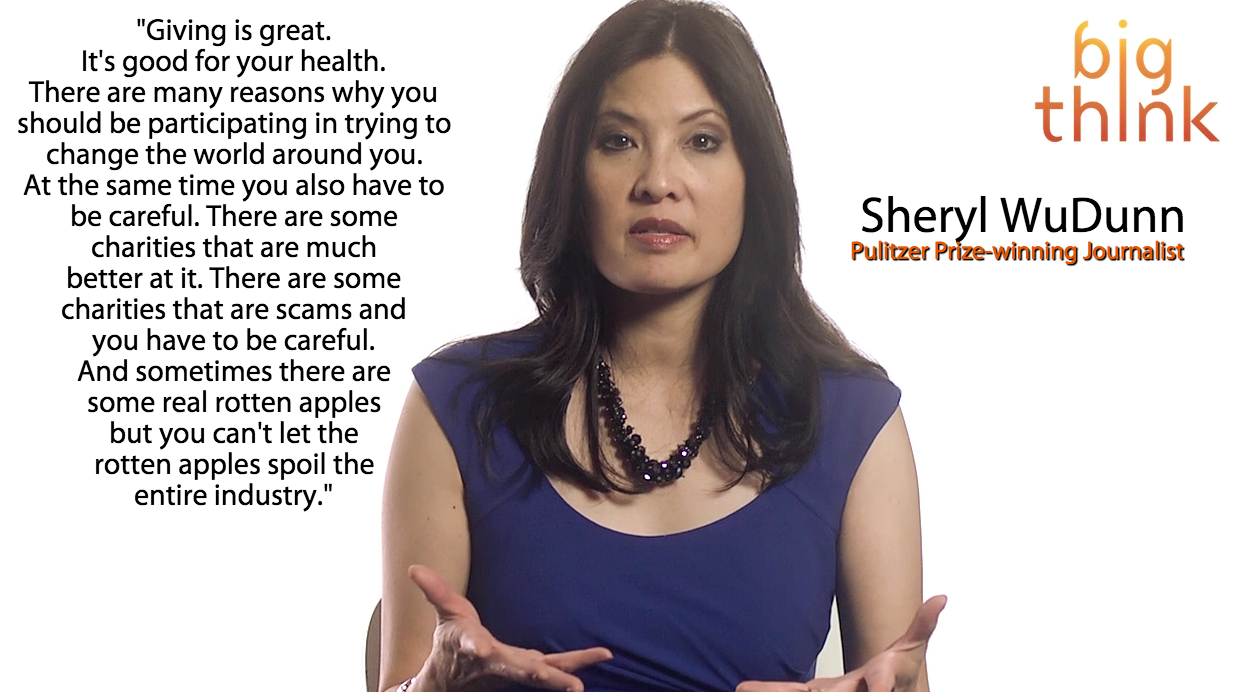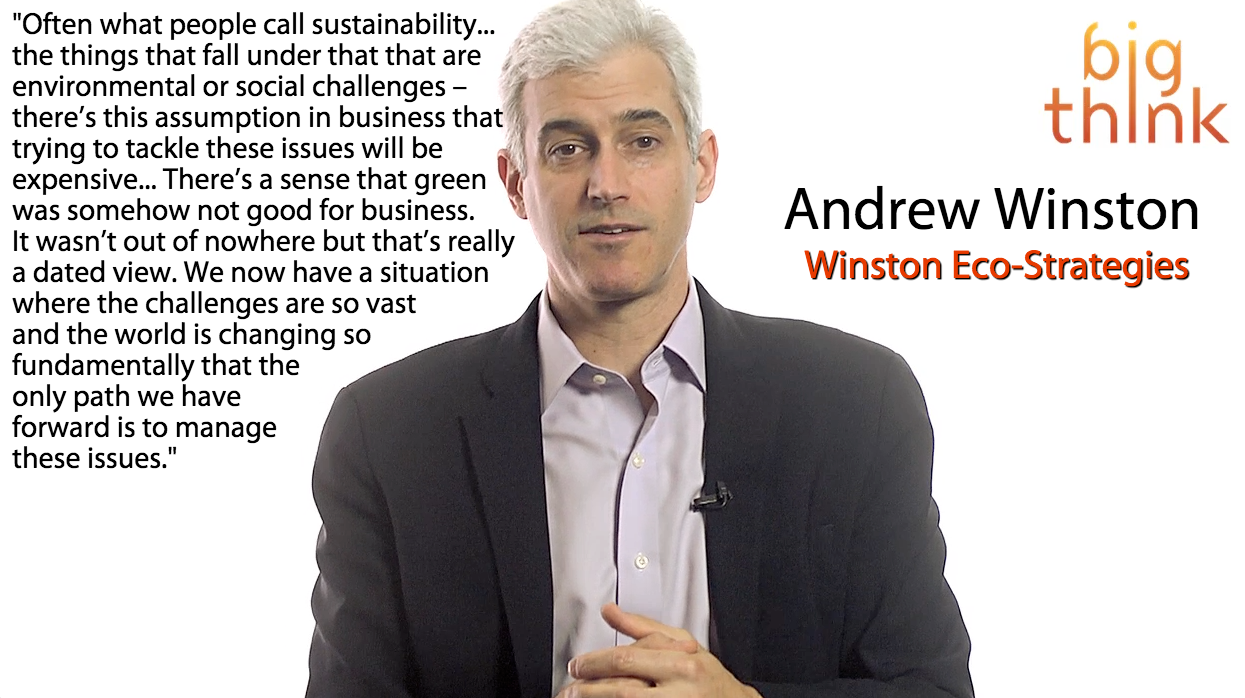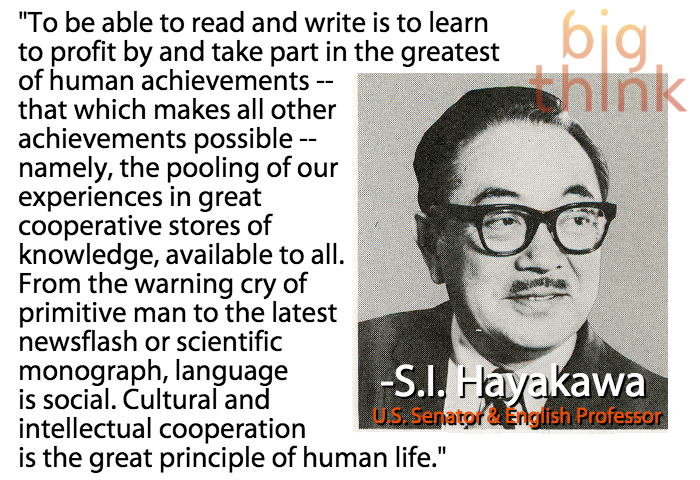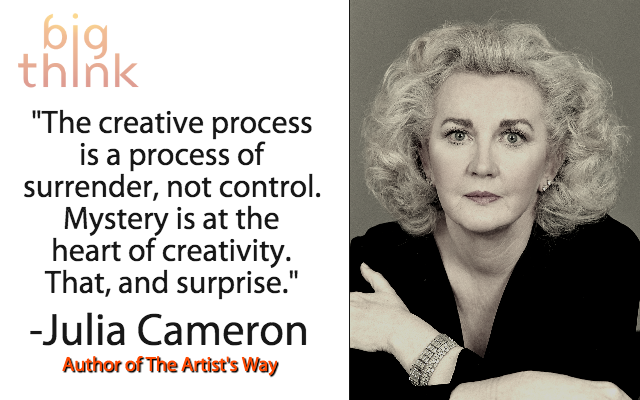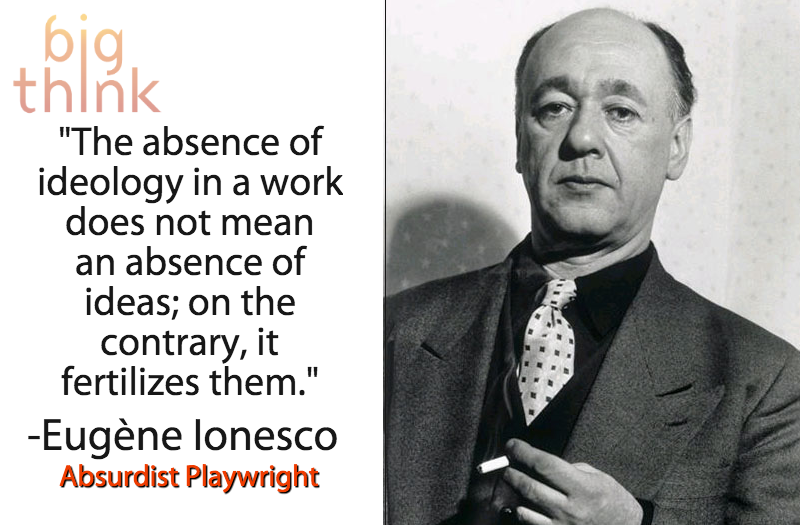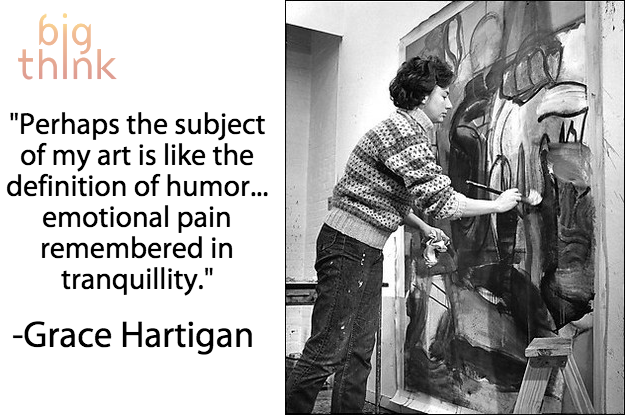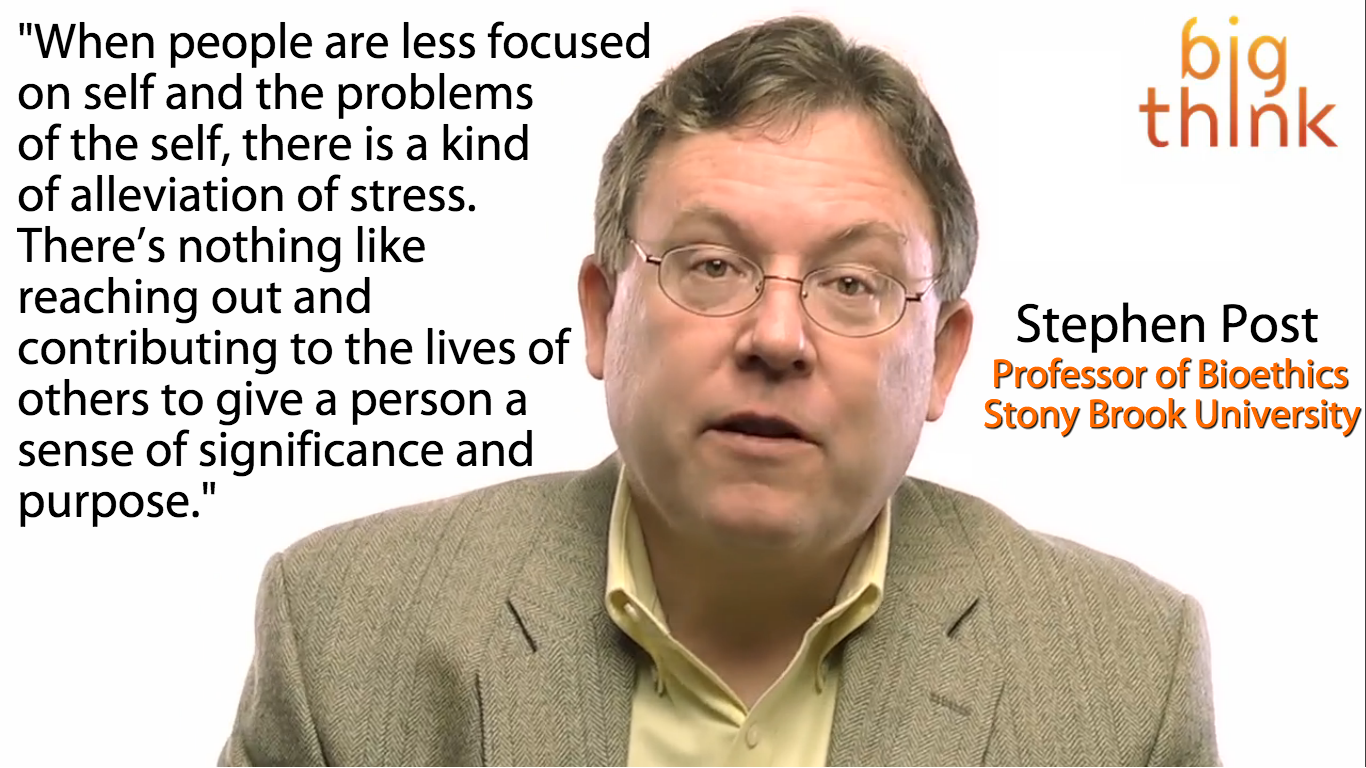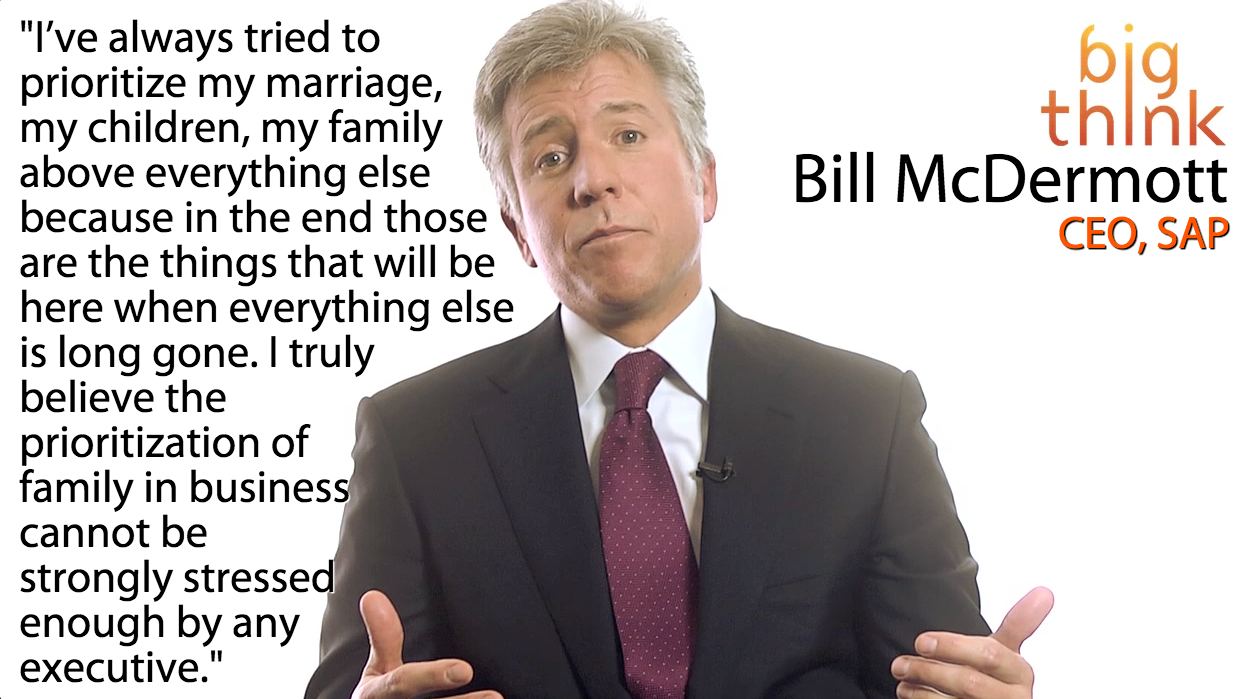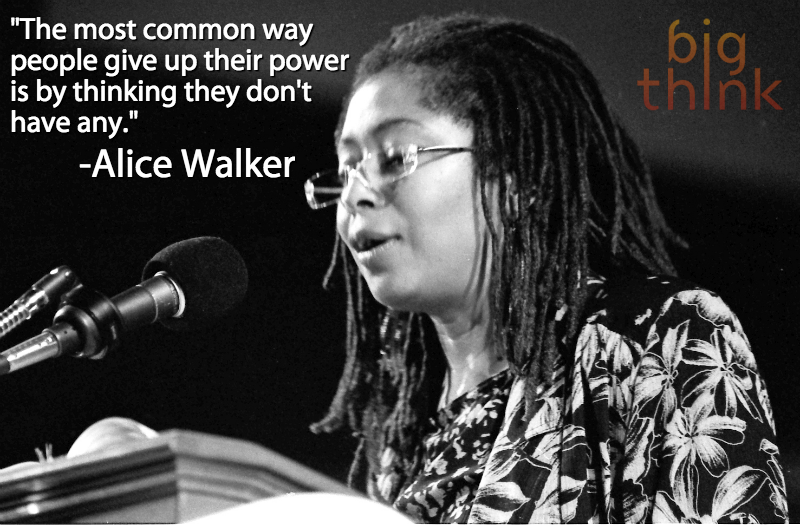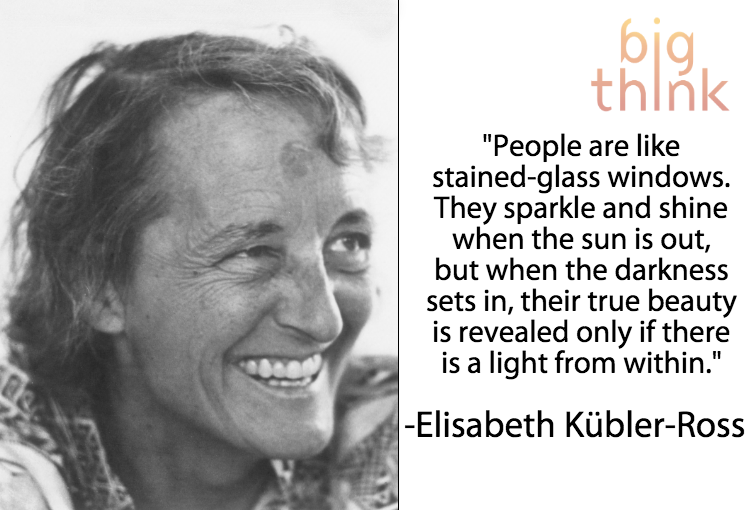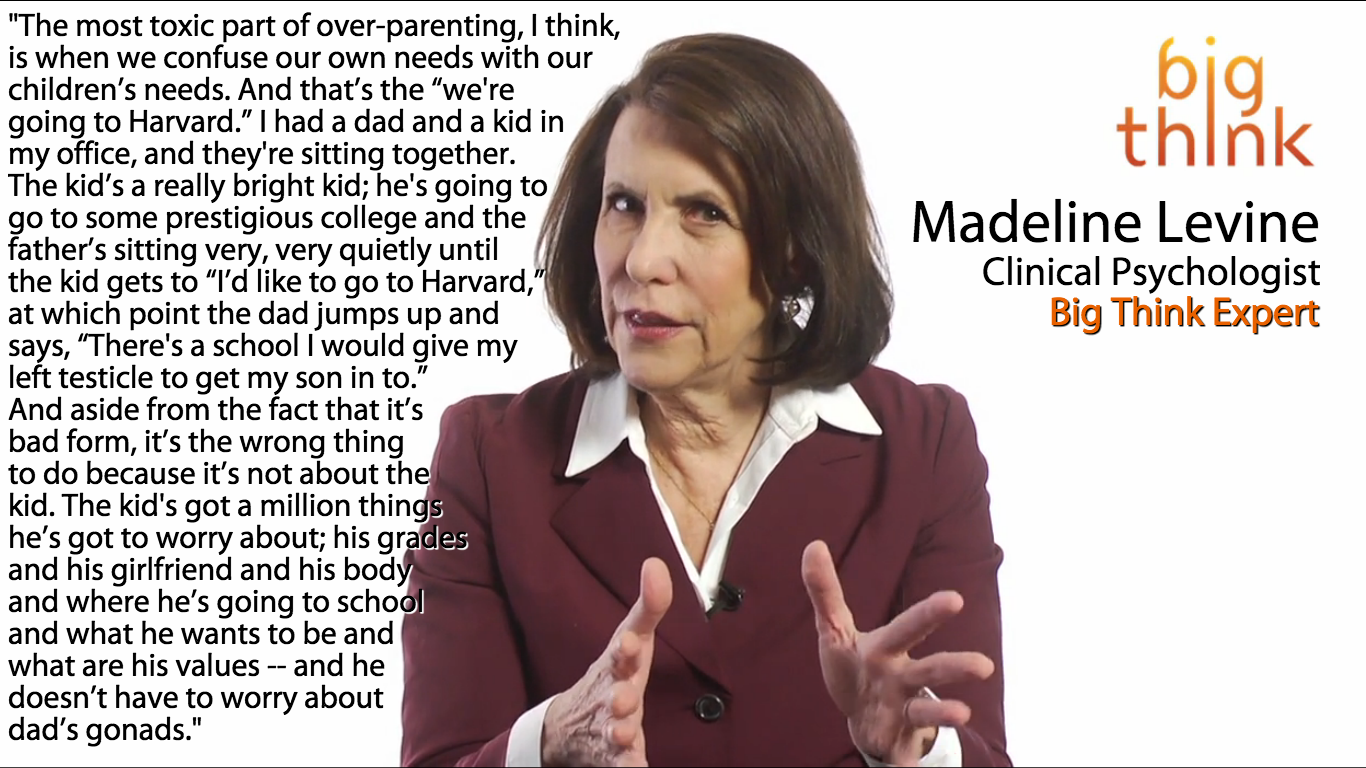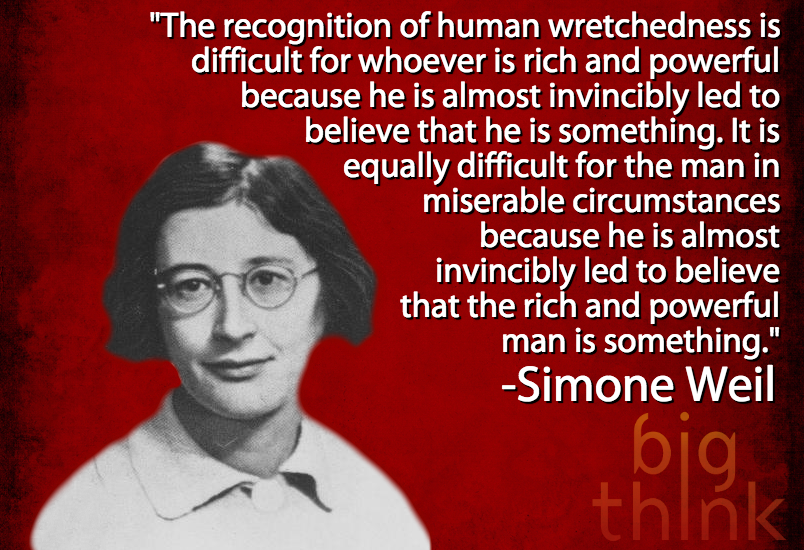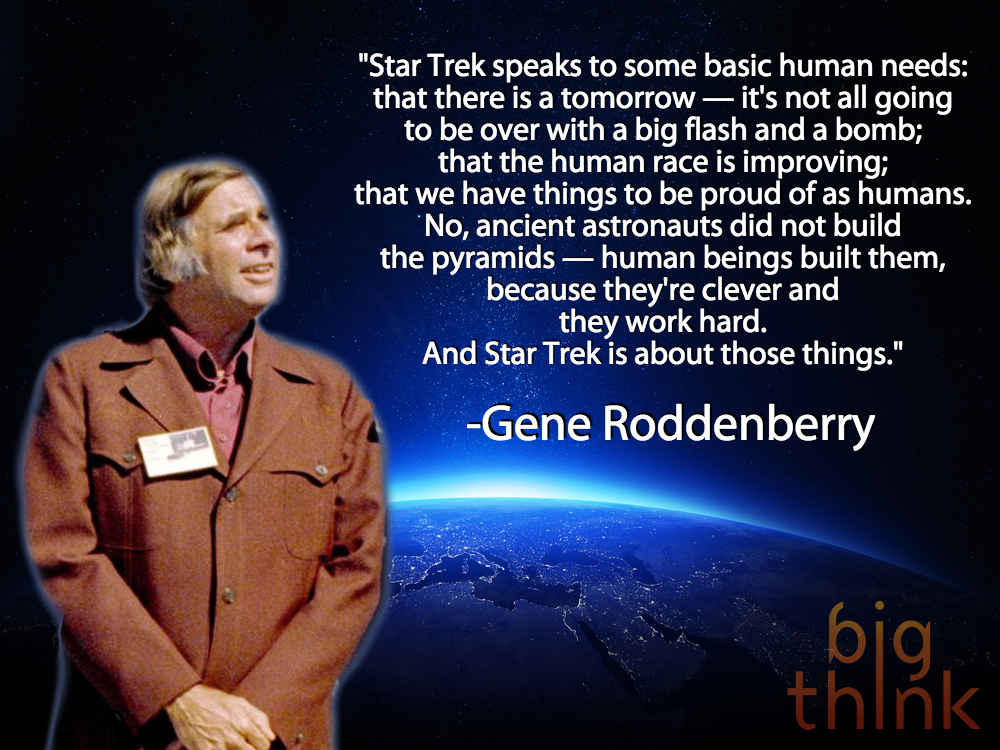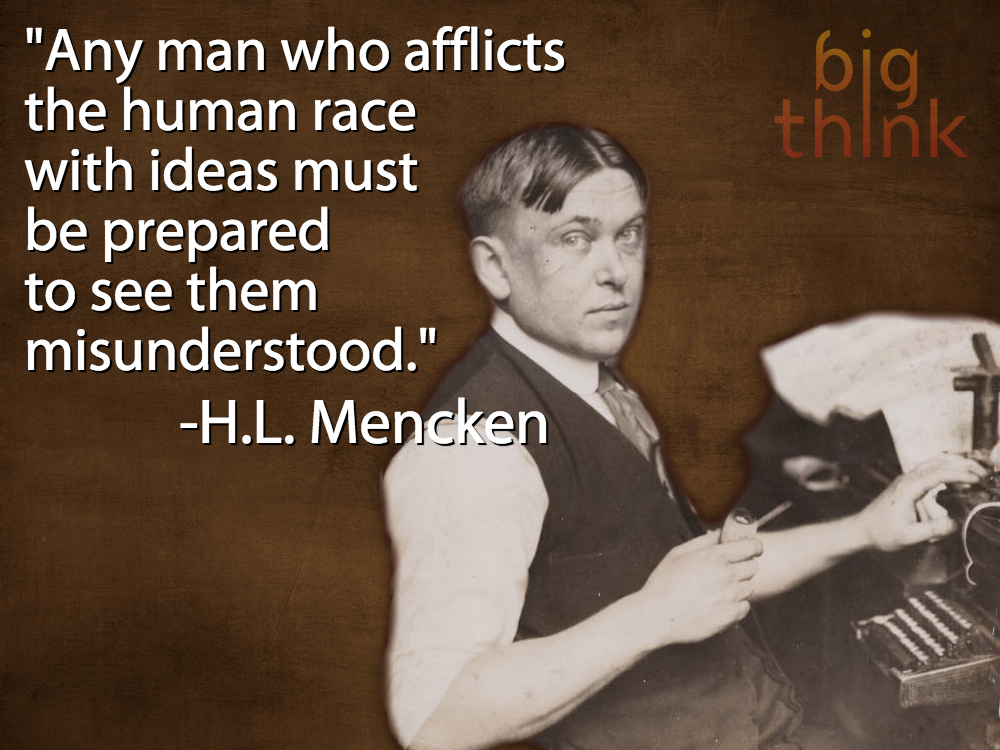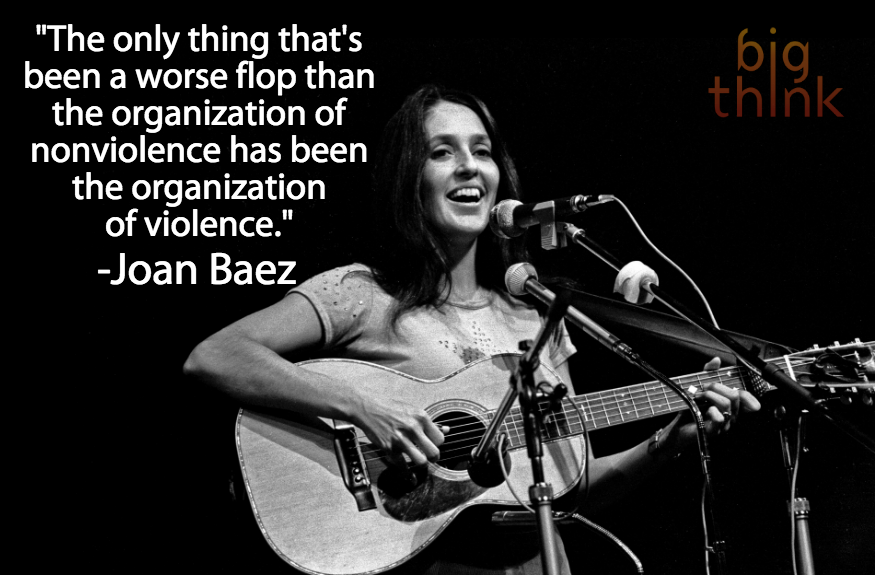Words of Wisdom
All Stories
“The degree of civilization in a society can be judged by entering its prisons.”
Pulitzer Prize-winning journalist Sheryl WuDunn recently visited Big Think to discuss her new book, A Path Appears.
Environmental Strategist Andrew Winston visited Big Think this week to discuss how the business world can play a major role in dealing with climate change.
“Often what people call sustainability… the things that fall under that that are environmental or social challenges – there’s this assumption in business that trying to tackle these issues will be expensive… There’s a sense that green was somehow not good for business. It wasn’t out of nowhere but that’s really a dated view. We now have a situation where the challenges are so vast and the world is changing so fundamentally that the only path we have forward is to manage these issues.”
“To be able to read and write is to learn to profit by and take part in the greatest of human achievements — that which makes all other achievements possible — namely, the pooling of our experiences in great cooperative stores of knowledge, available to all. From the warning cry of primitive man to the latest newsflash or scientific monograph, language is social. Cultural and intellectual cooperation is the great principle of human life.”
-S.I. Hayakawa, from Language in Thought & Action
“The creative process is a process of surrender, not control… Mystery is at the heart of creativity. That, and surprise.”
-Julia Cameron, American artist, from The Artist’s Way, 1992
“The absence of ideology in a work does not mean an absence of ideas; on the contrary it fertilizes them.”
-French-Romanian Absurdist playwright Eugène Ionesco, 1958
“The paradox of education is precisely this – that as one begins to become conscious, one begins to examine the society in which he is being educated.”
-James Baldwin, 1963
“Perhaps the subject of my art is like the definition of humor — emotional pain remembered in tranquillity.”
-Abstract expressionist Grace Hartigan (1922-2008)
“When people are less focused on self and the problems of the self, there is a kind of alleviation of stress. There’s nothing like reaching out and contributing to the lives of others to give a person a sense of significance and purpose.”
-Professor Stephen Post, from his Big Think interview.
SAP CEO Bill McDermott recently visited Big Think to discuss his new book Winners Dream and talk about the importance of prioritizing family over business.
Cesar Chavez described his life’s work in his “What the Future Holds” speech from 1984:
“All my life, I have been driven by one dream, one goal, one vision: to overthrow a farm labor system in this nation that treats farm workers as if they were not important human beings. Farm workers are not agricultural implements; they are not beasts of burden to be used and discarded.”
With Oscar Taveras on our minds, we remember another ballplayer who was taken much too young young. More than just a Hall of Fame outfielder, Roberto Clemente was a man committed to giving back. He died tragically at the age of 38 when a plane he chartered to deliver aid to earthquake-stricken Nicaragua crashed in the Caribbean Sea.
“Any time you have an opportunity to make a difference in this world and you don’t, then you are wasting your time on Earth.”
“We should write our own history books to prove that we did have a past, and that it was a past that was just as worth writing and learning about as any other. We must do this for the simple reason that a nation without a past is a lost nation, and a people without a past is a people without a soul.”
-Seretse Khama, 1st President of Botswana
Henry Rollins dished on the power and limitations of music in his Big Think interview:
“Is music a viable force for change? Can music stop things, start things, change things? To a certain degree yes, maybe in pop culture, but if a song or an artist could stop a war Bob Dylan and Bob Marley would have.”
Sherman Alexie, author of the award-winning novel The Absolutely True Diary of a Part-Time Indian, on Young Adult fiction:
“A lot of people have no idea that right now Y.A. is the Garden of Eden of literature… One person asked me, ‘Wouldn’t you have rather won the National Book Award for an adult, serious work?’ I thought I’d been condescended to as an Indian — that was nothing compared to the condescension for writing Y.A.”
“You see what power is – holding someone else’s fear in your hand and showing it to them.”
-Amy Tan, from her book The Kitchen God’s Wife (1991)
Pulitzer Prize-winning journalist Nicholas Kristof recently visited Big Think to discuss his new book A Path Appears and talk about the tactics advocates must employ to raise awareness for a good cause.
Civil rights leader Mary McLeod Bethune on never giving in to discrimination:
“If we accept and acquiesce in the face of discrimination, we accept the responsibility ourselves and allow those responsible to salve their conscience by believing that they have our acceptance and concurrence. We should, therefore, protest openly everything… that smacks of discrimination or slander.”
“The most common way people give up their power is by thinking they don’t have any.”
-Alice Walker, author of The Color Purple
“People are like stained-glass windows. They sparkle and shine when the sun is out, but when the darkness sets in, their true beauty is revealed only if there is a light from within.”
“A writer — and, I believe, generally all persons — must think that whatever happens to him or her is a resource. All things have been given to us for a purpose, and an artist must feel this more intensely. All that happens to us, including our humiliations, our misfortunes, our embarrassments, all is given to us as raw material, as clay, so that we may shape our art.”
“Ideas are like fish. If you want to catch little fish, you can stay in the shallow water. But if you want to catch the big fish, you’ve got to go deeper. Down deep the fish are more powerful and more pure. They’re huge and abstract. And they’re very beautiful.”
Madeline Levine discusses an instance when one overbearing father shared a little too much information. From her Big Think interview on parenting, available here.
The renowned physicist and scholar discusses the science of lucid dreaming, from his Big Think interview posted earlier this week.
“The recognition of human wretchedness is difficult for whoever is rich and powerful because he is almost invincibly led to believe that he is something. It is equally difficult for the man in miserable circumstances because he is almost invincibly led to believe that the rich and powerful man is something.”
“Star Trek speaks to some basic human needs: that there is a tomorrow — it’s not all going to be over with a big flash and a bomb; that the human race is improving; that we have things to be proud of as humans. No, ancient astronauts did not build the pyramids — human beings built them, because they’re clever and they work hard. And Star Trek is about those things.”
“Any man who afflicts the human race with ideas must be prepared to see them misunderstood.”
“The only thing that’s been a worse flop than the organization of nonviolence has been the organization of violence.”
“The oldest and strongest emotion of mankind is fear, and the oldest and strongest kind of fear is fear of the unknown.”
“Nobody’s going to pay for smart in the future because the smarter the doctor, the smarter the lawyer, the smarter the engineer, the smarter the financier, that’s all going onto software. So we move up the ladder and we say that what we really value and what will rise to the top is intelligence. And what is that? That’s the ability to figure things out that you’ve never learned before.”
-Futurist Edie Weiner, from her Big Think interview
